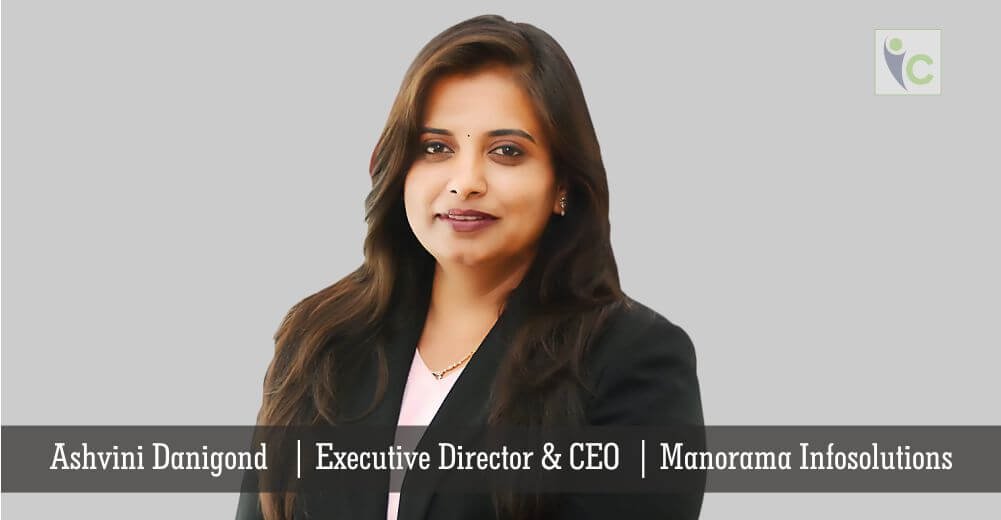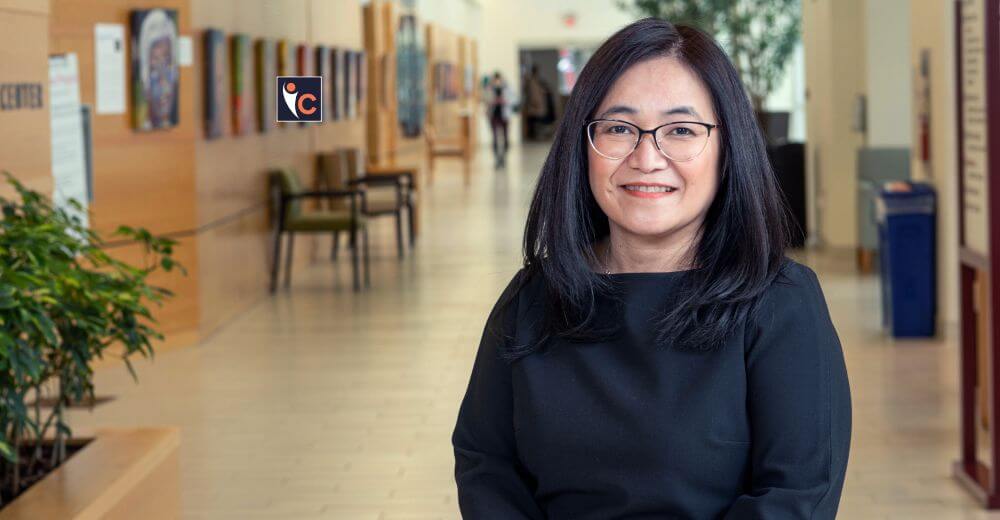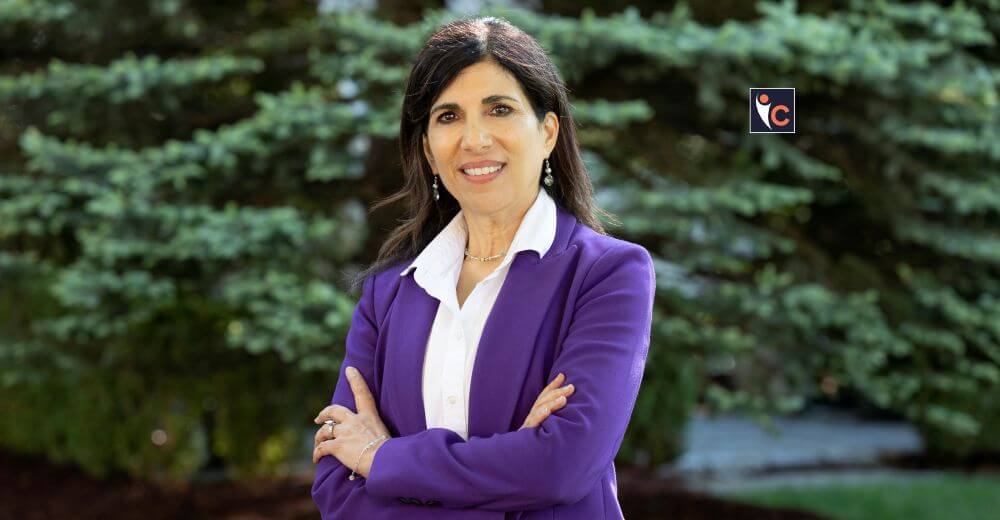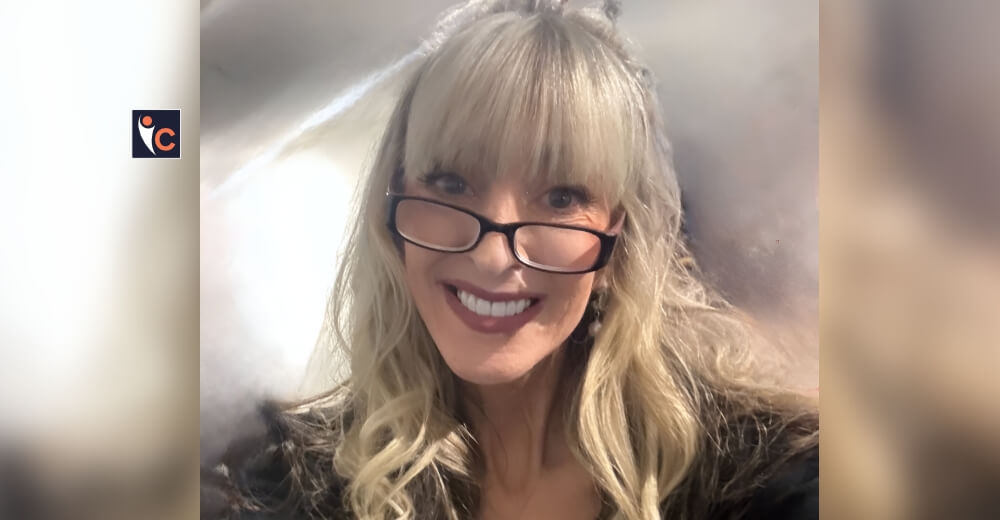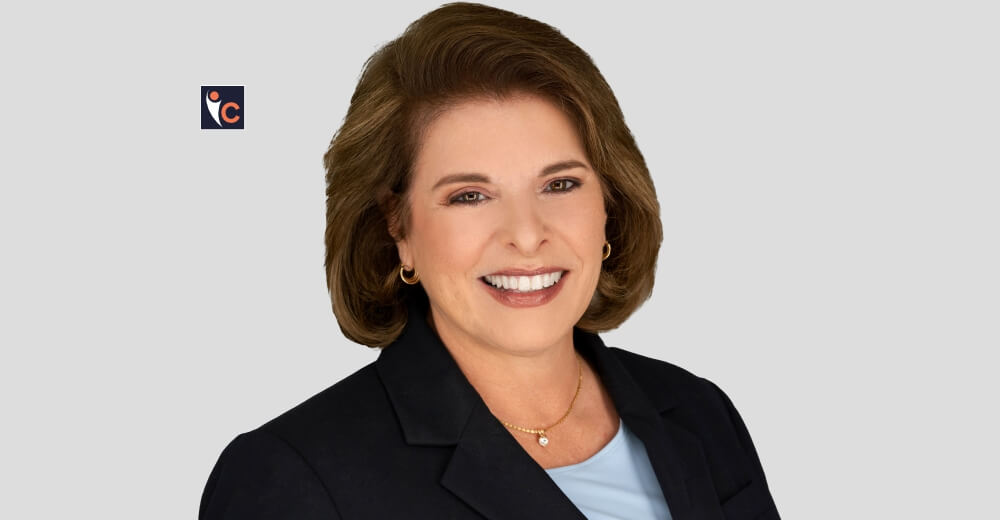In the last few years, we have seen many technology trends emerging and finding a rewarding acceptance by healthcare fraternity. It is very interesting to see how these innovators understand healthcare and patient interactions and different components involved in this relationship. Going forward, these technological advances are going to play a positive catalyst in healthcare industry to bring about changes that not only benefit healthcare facilities but also patient care, diagnostic processes and also pharmaceutical distribution network. Technologies such as Artificial intelligence, IoT, Blockchain, Big data Analytics, Cloud Computing and Patient Generated data are set to grow in leaps and bounds in the future.
In short, all the technology put together, the goal should be to reduce the time consumed by the interactions between patients and physicians improved patient outcomes, smoother claims processing, prescription based on smart data and integrated billing/claim mechanism.
Artificial Intelligence
According to one of the recent surveys by CB Insights, 86% of healthcare providers, life science organizations and healthcare IT companies will actively be incorporating AI capabilities in their offerings over the next two-three years.
AI can play a greater role in collecting, re-formatting and tracing data much faster. AI comes handy while doing things that are repetitive in nature, be it analysing tests or making some data entry. It can collect and analyse patient data, use external research and expert opinions to formulate a suggestive treatment path. Digital consultation powered by AI can read user reported symptom through an app whether in text or through speech recognition and compare against database of illnesses. Speech-to-text conversion saves a lot of time while making EMR entries by a physician. These are some of the solutions AI is helping healthcare industry with. There can be many areas in which AI can be beneficial to both patients and care facilities.
Blockchain
In simple words, blockchain is a shared, immutable record of peer-to-peer transactions built from linked transaction blocks and stored in a digital ledger. It’s more like a database that stores information, but data is located on the network and visible for all stake holders simultaneously. Data is accessible by only those who have the permission.
One factor that can make blockchain most suitable for healthcare is the lack of a central administrator. Every user has the control of their information and transactions. Blockchain can streamline medical records and enable sharing of them in most secured manner. Claims can be automatically verified and processed as blockchain allows validation-based exchange where all the stake holders validate simultaneously. Blockchain-based contract can help healthcare organizations to manage their supply chain. It can achieve interoperability through appropriate APIs and also ensure secure data storage. Since the network is shared between authorized providers, it eliminates the cost associated with data reconciliation.
Big Data and Analytics
Healthcare industry today is connected digitally between multiple stake holders in the system. A large amount of data is generated through clinical data in medical records, diagnostic images, lab reports, pharmacies and claims forms. In addition to all of these, a large volume of data is generated by patients through various applications, and wearables. This creates a greater need to access and evaluate data to encourage evidence-based decisions. Well-articulated and effective use of big data creates opportunity for improved patient care, facility management and practices. There are multiple benefits of analytics, for example, using predictive analytics, high-risk patients can be identified and a treatment can be planned to avoid unnecessary readmissions.
IoT in Healthcare
Relatively, IoT has seen faster growth than many other technologies in healthcare industry. This growth is largely fuelled by various medical and clinical device manufacturers that are increasingly integrating IoT features. Another driving factor is the constant supervision required for the elderly patients or patients with chronicle illness. IoT device manufacturers should focus on cross-device connectivity and also create an interface to interact with software systems that are connected to them. Some of the estimates available suggest approximately $1 trillion will be spent on the Healthcare IoT solutions by 2025. This, no doubt, will result into personalized, accessible and timely treatment for everyone.
Cloud Computing in Healthcare
Many healthcare IT vendors have already moved into cloud to deliver their applications and services. The SaaS model is gaining more visibility for healthcare software system. Cloud allows the freedom and flexibility to access data from anywhere without delay. The cloud technology has redefined how fast and securely healthcare entities can use or share information across a network. Application hosted on cloud creates a seamless collaboration between provider, patient, treatment care and insurance providers. Host of benefits and more controlled environment are encouraging healthcare organizations worldwide to move their infrastructure to cloud. Additionally, healthcare facilities can access the data even in case of disaster without affecting continuous availability of information. For a healthcare provider, it reduces the burden of setting up and maintaining expensive physical infrastructure.
Patient generated data
The consumer health technologies, smartphones, mobile applications and wearable devices have created opportunity for patients and care givers to record and share data at any time or in case of emergency. This ability to generate data outside clinical setting often proves very effective in obtaining immediate attention. The continuity of information availability for a healthcare provider can improve treatment and outcomes.
To make best use of patient generated health data, provider will have to address few challenges such as accuracy of information, security risk, device standards and evaluation of multiple data collected. The deployment of electronic health records by the provider, patient portal, secure messaging and telehealth allow a new dimension to patient engagement. It is entirely a provider’s responsibility to define the consumption of patient generated data and how it should be integrated with patient records.
These are some of the technologies that are more spoken of, but there are many more that are making inroads into healthcare. One thing for sure, the convergence of technology and dedicated healthcare practices are set to achieve better treatment, patient outcomes and patient experiences.
About the Author:
Ashvini Danigond is a Successful Global Entrepreneur working on Innovations in Healthcare IT. Ashvini heads Manorama Infosolutions as Executive Director & CEO; formulating and executing the company’s overall techno-commercial strategy. She founded the company in 2002 with an aim to provide unparalleled IT enabled solutions to the Healthcare Industry. She is a dynamic leader with an MBA in Healthcare IT, and Masters in Computer Science & Software. Her initiatives to provide quality services for population health using automation, and analytics with innovation in ERP transforms user, and customer experiences, opening new business opportunities. Tapping the breakthrough technology along with software development expertise, she has developed solutions addressing the challenges of healthcare.
Ashvini has assisted some of the largest healthcare projects across the globe utilizing ERP automation to increase efficiency, reduce costs & improve patient experiences. Providing customized solutions, she has taken a practical hands-on approach to deliver projects with a constant focus on the client’s mission and business objectives. The Company delivers comprehensive portfolio of healthcare solutions, and services catering to Public, Government & Private sector. With her incredible business acumen and effective collaboration, she has scaled up Manorama Infosoutions and reached to International geographies including Asia Pacific, Middle East & Africa.











